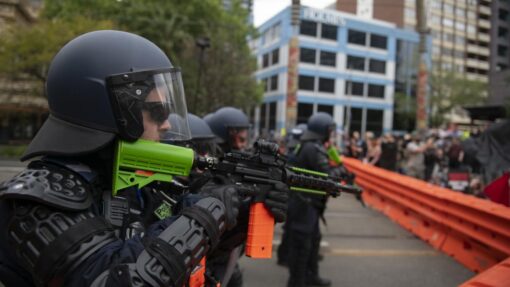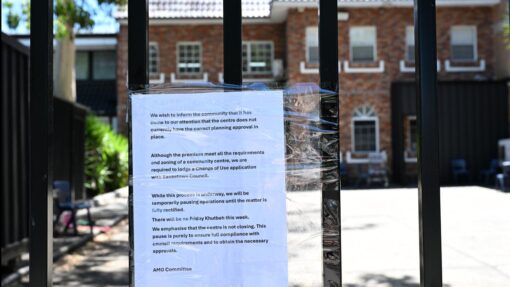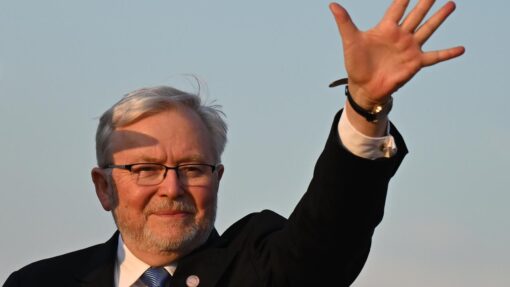Opposition labels referendum a ‘vanity project’ for PM
Maeve Bannister and Tess Ikonomou |
As the official “yes” campaign for an Indigenous voice to parliament kicks off, the deputy opposition leader has labelled the proposal a re-election vanity project for the prime minister.
In a speech to the Liberal Party’s West Australian branch, Sussan Ley said the voice was being used as a political wedge.
“Anthony Albanese would rather see the Liberal Party say no and this referendum fail, than the Liberal Party say yes and this referendum succeed,” she said on Friday.
“(He) has tied constitutional recognition of our first Australians, which everyone across the parliament supports, to a concept called the voice which he cannot explain.”
But the prime minister said people could make their own judgment about whether or not the coalition had engaged constructively on the voice proposal.
Mr Albanese said comments by opposition MPs were aimed at creating confusion and complexity when the principle of constitutional recognition was clear.
“Do we recognise Aboriginal and Torres Strait Islander people in our constitution and do we consult them on matters that affect them? That’s what the referendum is about,” he told reporters in Wollongong.
Opposition Leader Peter Dutton has not revealed the Liberal Party’s position on the voice and has repeatedly raised concerns about a lack of detail.
He met Indigenous groups while visiting the Northern Territory this week and told Sky News stakeholders were supportive of the voice.
But he wanted more details from the government to ensure it would help rather than hinder Indigenous communities.
The prime minister said Mr Dutton had the details because he had been in government when the proposal was first put forward.
“Details that went to their cabinet twice and they chose not to progress it at all,” Mr Albanese said.
“I’m progressing it. I am being constructive. People will look at those comments and draw their own conclusions.”
Mr Albanese has met with Mr Dutton six times on the proposal to hold a referendum on the voice between October and December.
Education Minister Jason Clare said a constitutionally enshrined Indigenous voice to parliament would improve outcomes for First Nations peoples.
“(The referendum) could be an opportunity to be part of history and put it in the constitution,” he told The Australian Education Union national conference on Friday.
“They still die younger than most of us, they’re still less likely to finish high school, seem more likely to go to jail than university and this is a chance to change that.”
Indigenous lawyer and academic Noel Pearson said the referendum was a once in a nation’s lifetime opportunity for reconciliation.
“We will be crying about this matter for another 200 years if we don’t do it this year,” he told Sky News.
“Constitutional recognition is about the words in the constitution … that enable Indigenous voices to be able to speak to the parliament, speak to the government, about the policies and laws that affect people.”
Meanwhile, a $5 million donation has kick-started the launch of the “yes” campaign.
The Nationals will formally oppose the voice, despite a split within the party over the decision.
Northern Territory CLP senator Jacinta Nampijinpa Price will head a no campaign funded by conservative lobby group Advance Australia.
Aboriginal and Torres Strait Islander people make up about 3.2 per cent of the population and despite their ancestors being here for at least 65,000 years, they are not mentioned in the constitution.
To date, there have been 19 referendums, with 44 proposed changes and only eight of those changes have succeeded.
AAP


